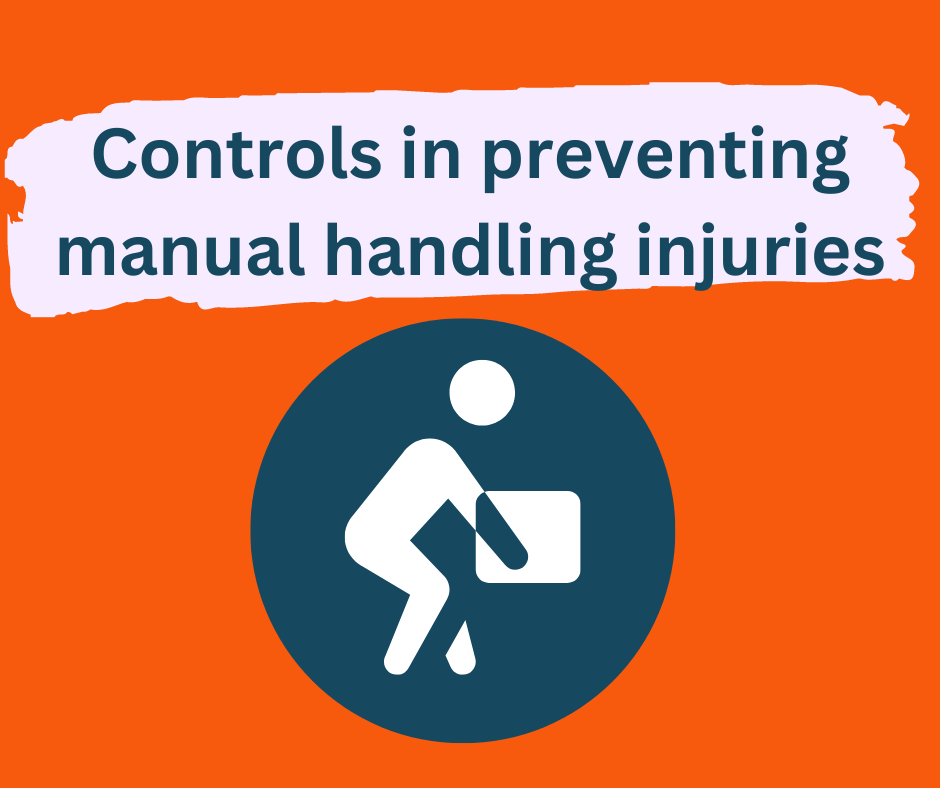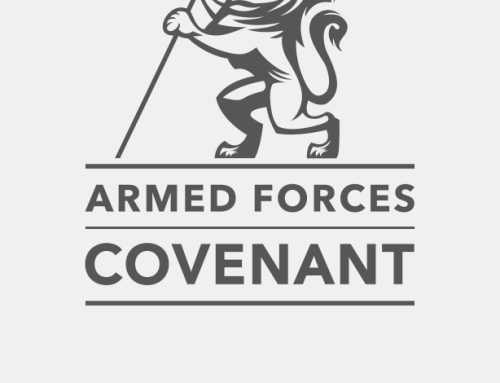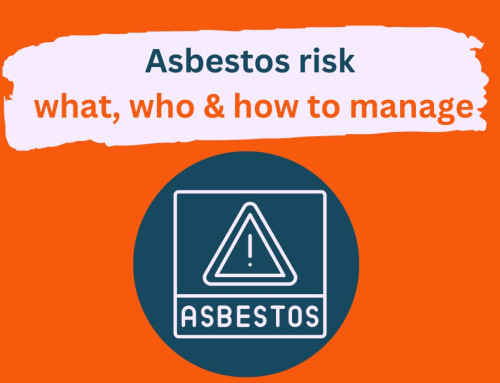(Blog content by QBE.)
Musculoskeletal disorders account for around a third of work-related injuries.
‘Manual handling’ relates to the moving of items by lifting, lowering, carrying, pushing or pulling, and is one of the most common causes of injuries at work.
Heavy manual labour, awkward posture and repetitive movements can all contribute to cumulative damage and acute injury. These injuries can have a serious impact on workers’ ability to perform everyday tasks, their quality of life and in some cases their ability to earn a living. Many people can and do suffer from long-term pain and discomfort.
Four key controls for manual handling
A considerable proportion of workplace injuries result from poor controls or supervision. To maintain the wellbeing of workers, employers are required to provide health and safety information and training, which includes specific information and training on manual handling risks and controls to prevent injury.
There are four key areas to consider when actively controlling the risks from manual handling.
- Develop a specific manual handling process which provides clarity and consistency of approach for controlling manual handling risks.
- When manual handling hazards are identified as part of the general risk assessment process, have this lead to a more detailed task specific manual handling assessment. This assessment must use the hierarchy of control and where possible eliminate the risk though avoiding the activity or using mechanical means.
- Training and awareness are vital in reducing the risk of manual handling injuries. Managers and supervisors must be proactive in challenging and correcting poor behaviours and technique before an incident occurs.
- Understand the ergonomics of the work activity and ensure these suit the individual employee’s capabilities. Not all employees will have the same ability to undertake manual handling activities.
QBE helps businesses build resilience through risk management and insurance. They have produced a range of easy-to-read guidance documents. You can find their free manual handling risk insight here.
Need to claim? Report it early
Remember that if you have an incident and need to make an insurance claim, it’s important that you report it as soon as possible, ideally the same day. Reporting a claim early can save time and help you to receive any claim payments faster, as well as allowing to help mitigate the cost of third-party claims.
Talbot Jones Ltd is a family-run Chartered Insurance Broker specialising in Third Sector and Professional risks. Get in touch for free insurance advice, review or quotation.
Talbot Jones Ltd incorporates March Insurance Services, a Chartered Insurance Broker specialising in Agricultural and Hospitality Risks.





